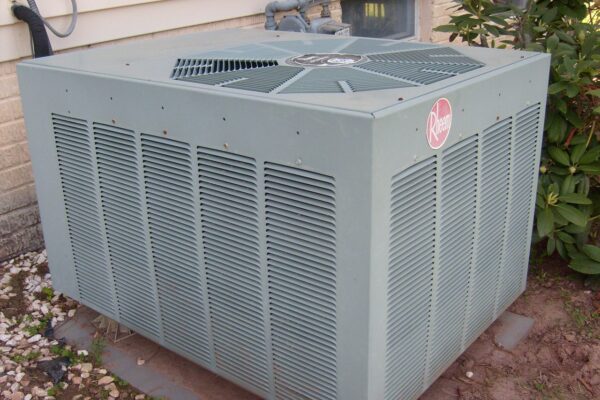With the high heat driving up air-conditioner use, a Flex Alert calling for voluntary power conservation to reduce strain on the state’s electrical grid will be in effect Saturday for a fourth straight day.
The California Independent System Operator — which manages the state’s power grid — issued the first Flex Alert of the week on Wednesday, urging residents to reduce electricity use from 4 to 9 p.m. Another Flex Alert took effect at 4 p.m. Thursday, again continuing until 9 p.m. And with the forecast still calling for high heat, Cal-ISO issued yet another Flex Alert for Friday for the same hours.
Late Friday afternoon, Cal-ISO extended it again to include 4 p.m. to 9 p.m. Saturday.
The alerts have worked thus far, with the state avoiding involuntary power cutoffs.
According to Cal-ISO, electrical demand on Thursday topped out at 47,357 megawatts, the highest figure since September 2017. The agency projected that demand could exceed that number on Sunday, Monday and Tuesday, with Tuesday’s forecast at 49,000 megawatts.
“The ISO is working with state agencies and market participants to bring all available energy resources online for what are expected to be the most challenging days of the heat wave,” according to Cal-ISO.
Cal-ISO has warned that more Flex Alerts are likely to be posted during the duration of the heat wave, which is expected to linger until at least Tuesday, possibly longer in some areas.
During the alerts, residents are urged to take power-saving steps such as:
— setting thermostats to 78 degrees or higher;
— avoiding use of major appliances;
— turning off unnecessary lights; and
— avoid charging electric vehicles.
Residents are also advised to precool their homes as much as possible and close blinds and drapes to keep interiors cool.
A Flex Alert is the lowest-level notification issued by Cal-ISO, but if voluntary conservation fails to cut strain on the power grid, the agency could move into a series of emergency alerts that could ultimately lead to rolling blackouts.







